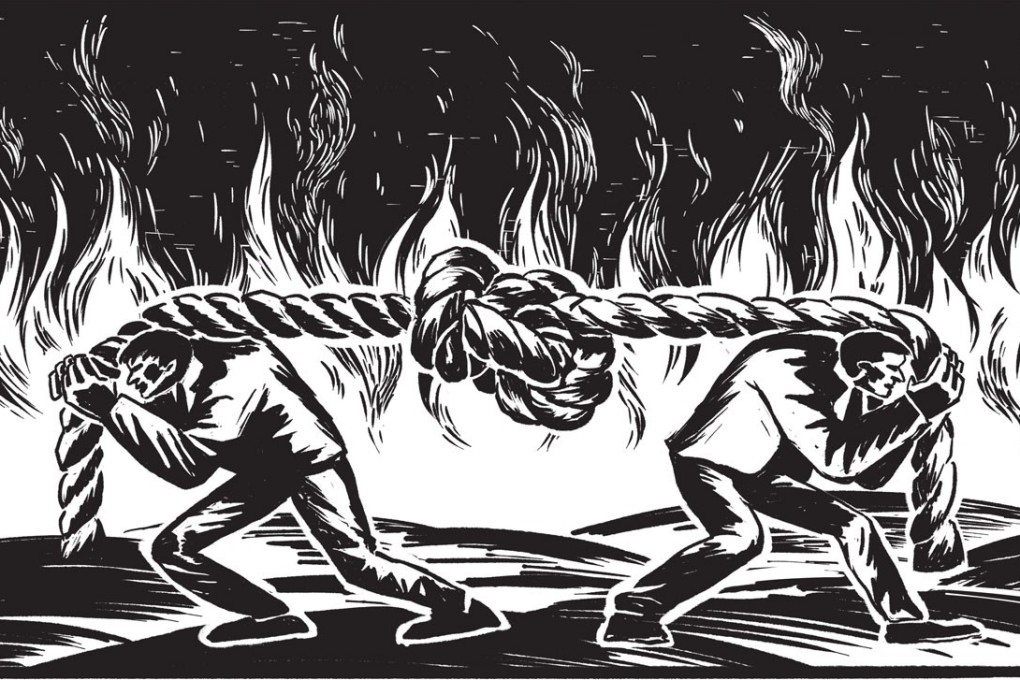Why Tiananmen Square protests still cast shadow over Hong Kong politics after 30 years
- Scale and nature of crackdown changed everything for Hong Kong, ending talk of developing democracy, and an open election of city’s leader
- Differences between Beijing and Hong Kong’s pan-democratic camp might have been gradually settled, if not for June 4, academic says

In the third instalment of a six-part series, Gary Cheung examines how the Tiananmen crackdown’s violence dealt a severe blow to Hongkongers’ trust in Beijing and hopes for a democratic future after the 1997 handover.
The ever-worsening relationship between Hong Kong’s pro-Beijing leadership and pro-democracy activists makes it hard to imagine a time when the two sides did not clash so bitterly, openly or regularly.
Or that there was a period when universal suffrage was not only a possibility, but senior Beijing officials themselves described the day when the city’s chief executive would be elected by all Hong Kong voters.
Well into the 1980s, many in Hong Kong had good faith in the Chinese government led by men such as Hu Yaobang and Zhao Ziyang. If they needed added confidence, Hongkongers could see change sweeping mainland China after the country’s leader, Deng Xiaoping, decided to reform and open up the economy.
In early 1984, student union leaders of the University of Hong Kong and Chinese University wrote to then premier Zhao, expressing support for the 1997 handover of Hong Kong from the British to China and calling for democracy after that. He replied that it was “only right and proper” for Hong Kong to adopt a democratic system once it returned to China.

After the Sino-British Joint Declaration on the future of Hong Kong was signed in 1984, interactions between Beijing and the city’s pro-democracy camp were positive, noted Dr Cheung Chor-yung, a senior teaching fellow at City University’s department of public policy.